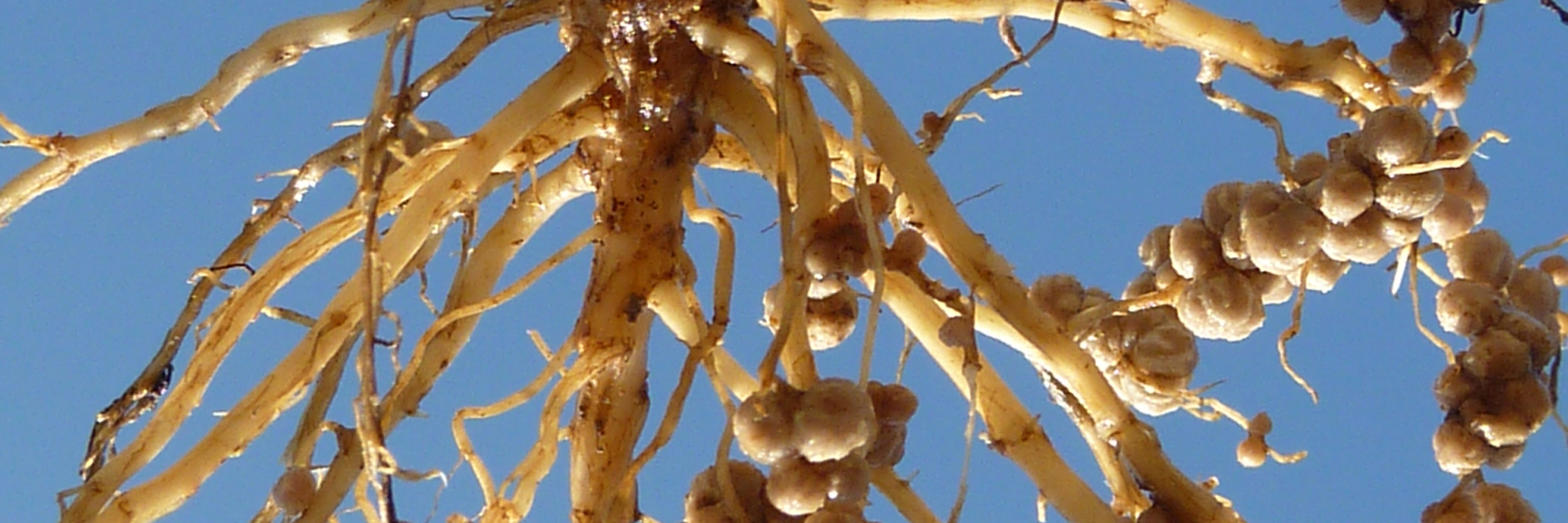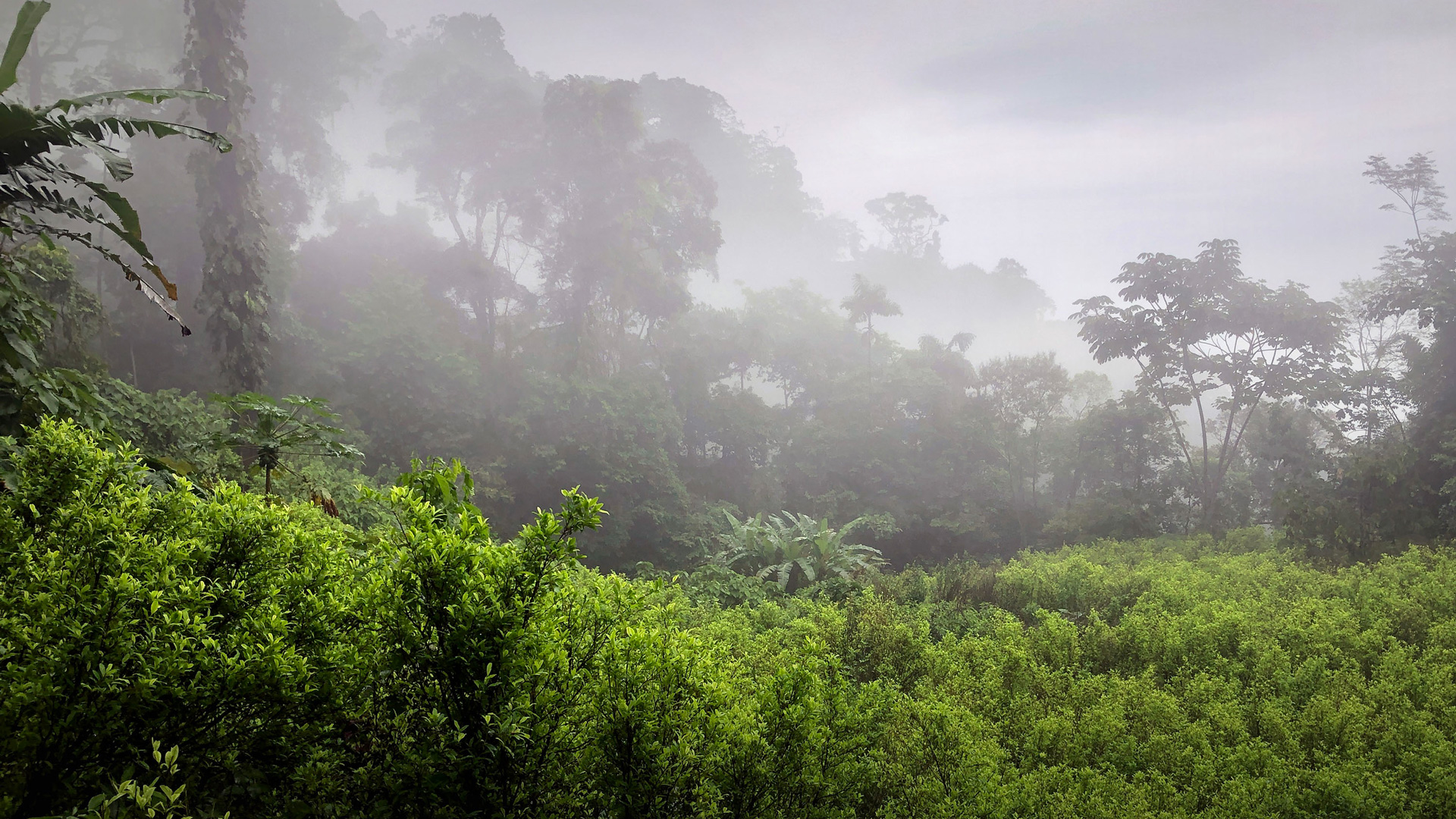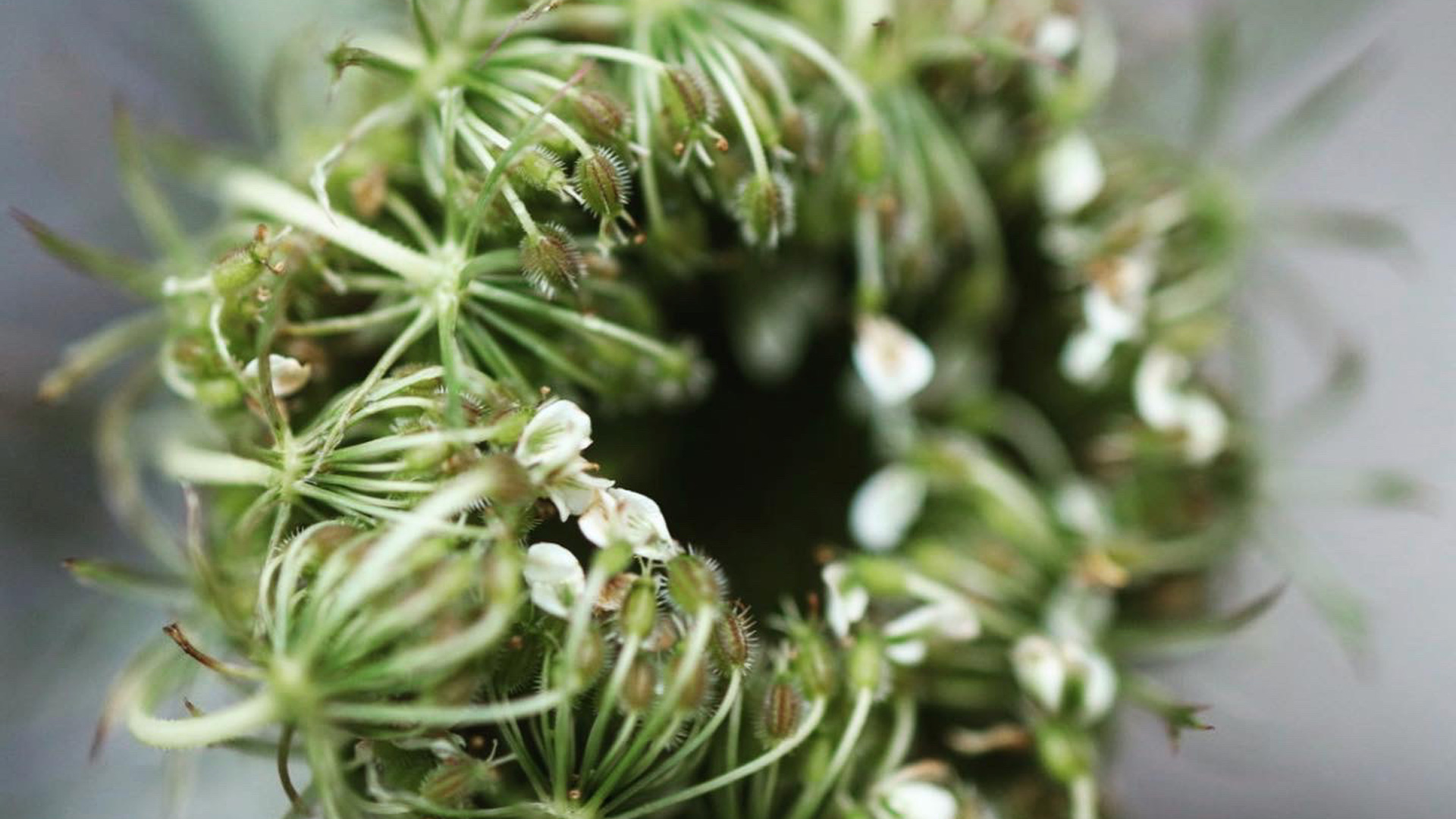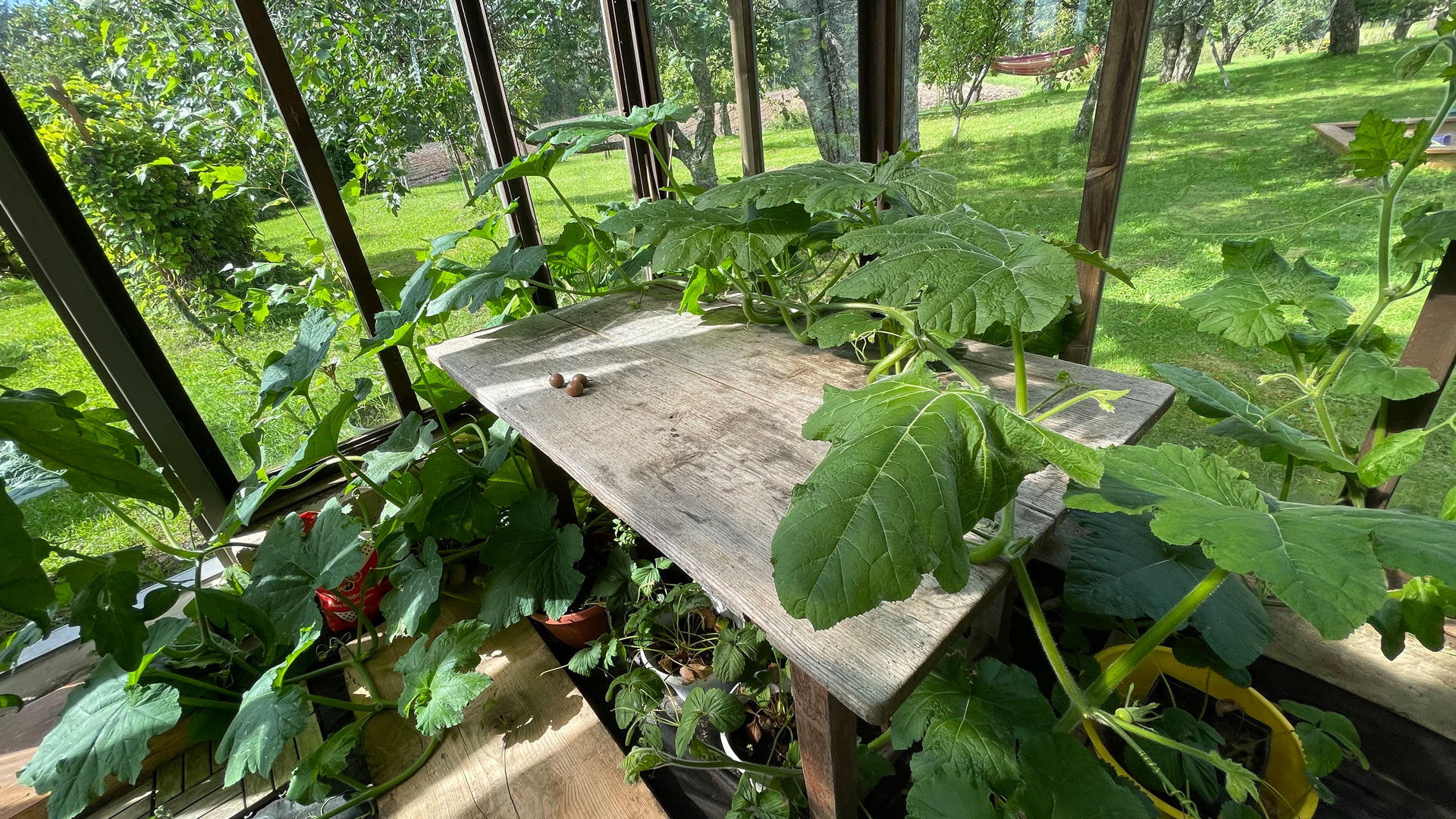Plants_Intelligence. Learning like a Plant.
The Swiss National Science Foundation project “Plants_Intelligence. Learning like a Plant” asks from the perspective of art whether the recognition of vegetal forms of intelligence leads to other methods of knowledge generation, coexistence, breeding and ultimately to new, “intelligent” forms of plant and agricultural culture?
Current research shows that plants are more complex beings than previously assumed. With reference to this, the SNSF research project "Plants_Intelligence. Learning like a Plant" negotiates the discourse of plant intelligence in the natural sciences, the humanities, and the arts. It explores the conceptualization of intelligence and its intertwining with concepts such as mind, consciousness, communication, memory, decision making, problem solving, learning, subjectivity. It asks whether this conceptualization makes sense of the behaviors of vegetal life and whether it promotes new perspectives on interspecies and terrestrial relationships. This question is based on the assumption that central reasons for the conjuncture of this terminology seem to lie in current debates about the Anthopocene: on the one hand, ways out of an exploitation-based understanding of the world are sought and the age of the Planthropocene (Natasha Myers) is proclaimed; on the other hand, with the rise of machine-based services in everyday life, non-anthropocentric forms of intelligent ontologies and epistemologies are under scrutiny. Connected to this conjecture is the question of whether the recognition of vegetal forms of "intelligence" led to other methods of knowledge generation, coexistence, even breeding, dealing with pests, and ultimately to new, "intelligent" forms of plant, agricultural, and forestry culture? How far can the concept of intelligence be stretched, what is gained or lost in the process, and what are the ethical and aesthetic implications?
These are the questions the team, consisting of three artists and an art scientist, is exploring in close collaboration with research partners from botany, seed and plant breeding as way of organic agriculture, food sovereignty, media ecology, and indigenous nations. Using the examples of laboratory experiments with plant interaction and decision-making, of propagation patterns of lichens and mosses in urban spaces, of indigenous plant-human alliances and GMO-critical practices in South America, im/possibilities of vegetal intelligence are elaborated, compared and intertwined. While Argentina is the second country in the world to circulate genetically modified seeds on a large scale since the 1990s, including drought-resistant wheat since October 2020, Switzerland is the only one that has formulated the dignity of the creature in its genetic engineering law.
The aim is to ground possibilities of an aesthetic-participatory epistemology of intelligent plant knowledge in the theoretical-practical exploration of the different concepts of intelligence, the intertwining of natural sciences, humanities and the arts, and the establishment of a South-North and East-West tangent of vegetal mutual learning: Underestimated vegetal intelligence/processes are to be experienced as an aesthetic experience. By approaching the way of being of plants through the concept of intelligence, the project creates genuinely new knowledge about them. Moreover, this perspective opens up directional approaches to fields as diverse as agriculture and food security, urban planning, education and appreciation. The project is application-oriented and consists of intertwined practical and theoretical parts, incorporating decolonial, technoecofeminist and ethical approaches. The results come together in different formats: a series of virtual colloquia, video installations, maps, drawings, a book, a traveling exhibition, and an online platform that can be used as a sustainable archive of materials to transfer knowledge and develop innovative education.
SNSF Project
2022-2025



